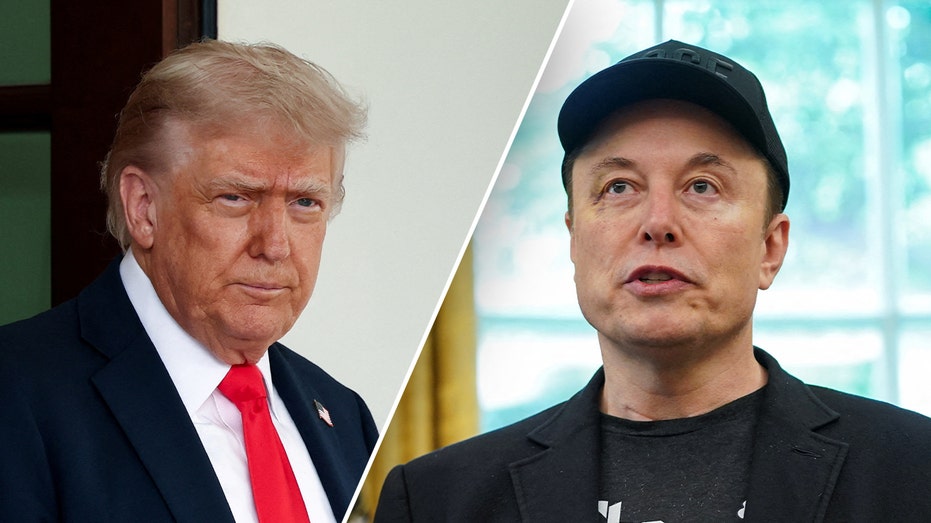Elon Musk Reverses Stance on Trump Amid LA Riots: Immediate Shift in Support
Elon Musk criticizes Trump but endorses the LA riots response, sparking controversy.

The escalating feud between business magnate Elon Musk and President Donald Trump appears to be easing, as recent developments suggest a possible thaw in their once-hostile relationship. The shift comes just days after the two exchanged sharp public criticism following Musk’s abrupt resignation as head of the Department of Government Efficiency (DOGE), a special advisory role he had recently assumed.
Following a tense week marked by harsh exchanges—most notably over Trump’s controversial “big, beautiful, bill” encompassing sweeping tax and spending reforms—Musk took steps over the weekend that observers say may signal the start of reconciliation. Amid widespread protests and riots in Los Angeles sparked by immigration raids, Musk shared one of President Trump’s statements on social media, lending apparent endorsement to the administration’s handling of the crisis.
Trump’s message, which Musk amplified to his substantial online following, criticized California officials for their response to the unrest, labeling demonstrators as “insurrectionists” rather than protesters. The former president also outlined strong federal action, promising that order would be restored, “Illegals will be expelled, and Los Angeles will be set free.” In a further sign of alignment, Musk re-posted Vice President JD Vance’s call for “decisive leadership,” echoing Trump’s hardline stance and underscoring a rare public moment of unity between the two influential figures.
This development comes in spite of Trump’s earlier dismissive remarks, including a public statement that “Elon's totally lost it” and a blunt refusal to speak with Musk amid their very public spat. Their disagreement had reached its peak over provisions in the spending bill eliminating electric vehicle tax credits, a move Musk condemned as a “disgusting abomination.” Trump, meanwhile, insisted that Musk only objected once the impact on Tesla and its interests became clear, suggesting the opposition was self-serving.
Musk responded through his preferred platform, X, pushing back against Trump’s characterization and calling for removal of what he dubbed “disgusting pork” hidden within the legislative package. The back-and-forth highlighted deep divisions—not just over the bill itself, but over the future direction of government policy and spending, with Musk positioning himself as a champion of efficiency and cost-cutting.
Despite the vitriol of recent days, the situation on the ground in Los Angeles has become a focal point. Trump ordered the deployment of 2,000 National Guard troops to the city to quell disturbances following mass immigration arrests—an action met with fierce resistance from California Governor Gavin Newsom. The governor denounced the federal intervention as a violation of state sovereignty, stating that the move inflamed tensions and undermined local control.
The White House, for its part, said at least 300 troops arrived Sunday, emphasizing the administration’s commitment to restoring order and addressing what Trump called “lawlessness.” This federal-state standoff has added new fuel to the national debate over immigration enforcement and the limits of executive power—a debate into which Musk has now inserted himself by siding publicly with the administration on this particular issue.
As the country watches the evolving situation, all eyes are on whether Musk’s olive branch marks a lasting shift in his relationship with the Trump administration—or whether this is merely a temporary pause in a rivalry that has, at times, captivated both Wall Street and Washington. Either way, the high-profile interplay between these two figures continues to have an outsized impact on the political and economic climate, notably as both sides weigh future moves in areas ranging from technology policy to public order.




